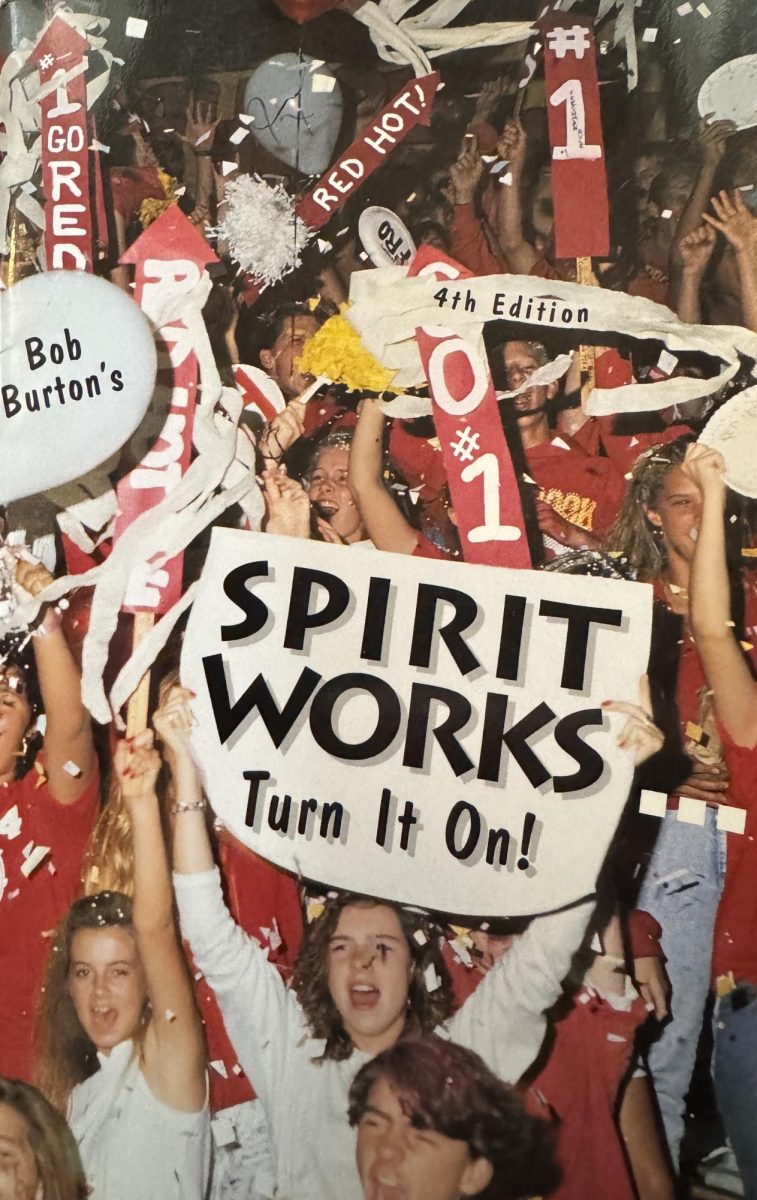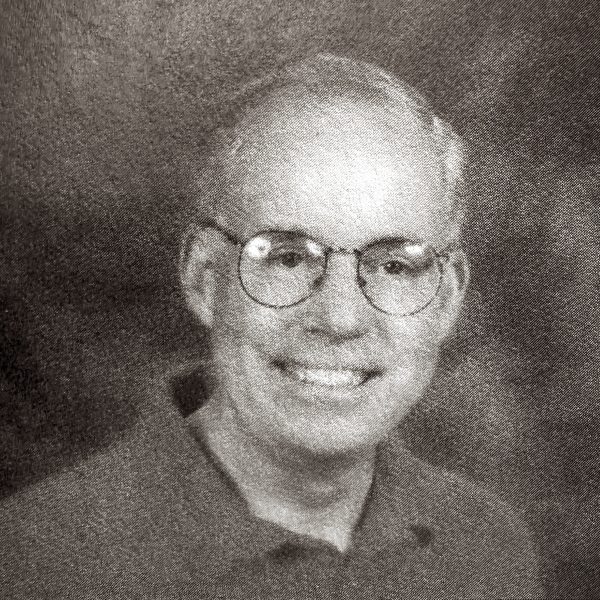
When I first joined CADA, I had the privilege of meeting Bob Burton, affectionately known as “Mr. Energy,” from Fallbrook High School. A lifelong activities director, Bob authored Spirit Works…Turn It On in 1987, a book that became a go-to resource for fostering school spirit and culture. Packed with lunchtime and spirit game activities, it was a lifesaver for any activities director in California.
While some of the games may not fit today’s litigious climate, Bob’s checklist for a successful lunchtime class competition remains just as relevant. Below is a paraphrased version of that checklist—one you’ll definitely want to print out for your students next year!
Checklist for a Successful Lunchtime Class Competition Activity
Safety First – Consider all potential risks of injury for participants and spectators. Take steps to eliminate hazards. If necessary, choose a different activity. Use cones to mark off areas or utilize a stage when available.
Pre-Select Contestants – Select participants at least a day or two in advance. Avoid last-minute scrambling or public begging for volunteers. The person running the activity should be notified at least three days prior, and have back ups in case they’re absent.
Involve a Variety of Students – Engage different types of students to participate. The best approach is personal outreach. The activities commissioner should always thank participants after each competition.
Keep It Brief – The event should be short and engaging. Don’t let it drag on unnecessarily.
Notify Your Principal – Always keep your principal informed about planned activities. No surprises!
Ensure Clear Communication – The student leading the activity should be able to communicate effectively with participants and spectators. If using a microphone, ensure they know how to use it properly. Rehearse beforehand.
Offer Prizes – Besides awarding points for class competitions, provide small prizes for winners, such as pens, pencils, or other inexpensive rewards.
Involve Yearbook and School Newspaper – Notify the yearbook staff and school newspaper in advance to capture photos and coverage of the event. Some of the best photos come from these competitions
Have a Staff Member Present – The director of student activities or student council advisor should be present at all class competition events.
Include Staff Teams Occasionally – Involve staff in some competitions, such as homecoming events. Show appreciation by washing their windshields, leaving thank-you notes, buying them treats, or publicly acknowledging them in the school paper or at meetings.
Inform Contestants of Their Event in Advance – Ensure that participants know exactly what event they will be competing in when they agree to participate. No surprises! Well-organized events attract more students.
Keep Events Simple and Achievable – The activity should be easy to understand and complete. It’s better to have a competition where the winning class scores multiple times rather than just a few. Always test the event beforehand.
Ensure Fairness – All students should have an equal chance to win. Avoid pairing students with significant advantages (e.g., a football player against a non-athlete in a throwing contest). Impartiality is key.
Make the Rules Clear – Before starting, ensure that both participants and spectators fully understand the rules of the competition.
NOTE: This appears in CADASnapshots which is a member only weekly shared tidbit, some Snapshots are sent to the entire state. If you are interested in joining CADA call (888) USE CADA for more information.

Bob Burton served as the Director of Student Activities at Fallbrook High School from 1966 to 1996. He has won the Hall of Fame, Warren Shull and Jack Moore Award (1990) while a member of CADA. Bob passed away on January 13, 2007 at the age of 67. He was a long standing favorite at CADA Convention and Area Conferences, and has been truly missed.
Since 2009 CADA has given the Bob Burton Spirit Award to one member from each area, every year, for their exemplary leadership in the development of a positive culture and climate by making spirit work on their campus.
Spirit Works … Turn It On!